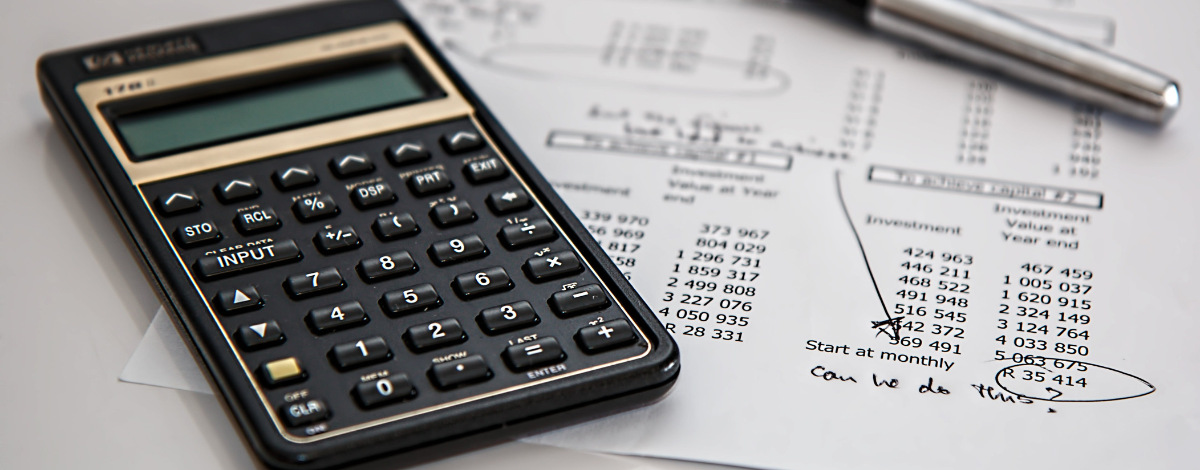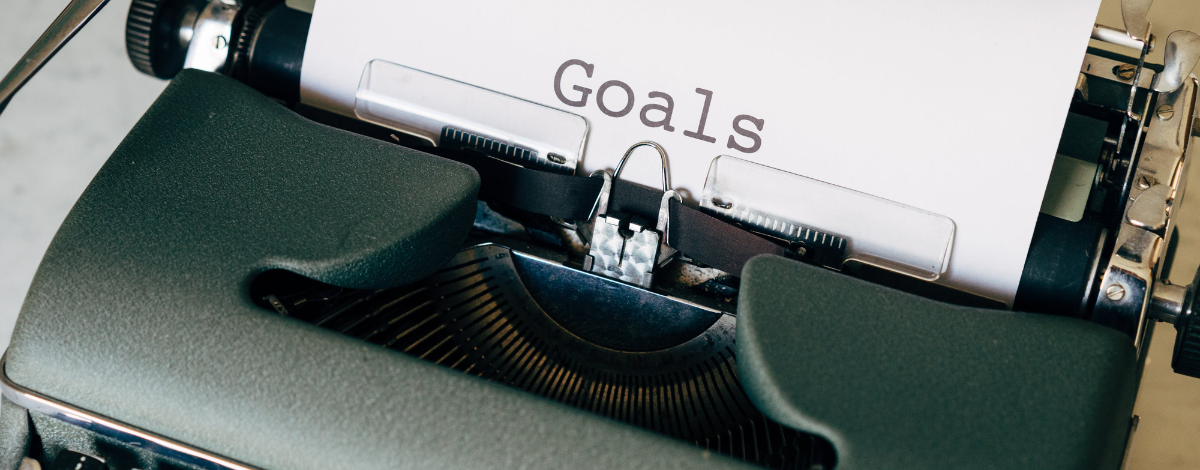How To Write a Budget Plan and Why You Should
November 20, 2023

How would your life be different if you could reach your financial dreams? One way to get there is by making a budget plan.
Knowing how to budget can empower anyone to get a handle on their finances, save for goals, and even keep tabs on money trends. If you’ve never created a budget before, now is the perfect time to get started – no matter your money status.
What is a Budget Plan?
A budget is a money action plan that estimates what you’ll earn and how you’ll spend your money over the course of a set timeframe. Many budget plans are designed around monthly finances, but you can also set budgets for a shorter or longer amount of time.
A budget can be a paper plan, a digital plan, or a combination of both. The key to budgeting is to understand how you use money currently so you can make any needed adjustments to help you reach your goals.
The Benefits of Budgeting
Budgeting is highly recommended by many money professionals because it’s a simple strategy that has a big effect on financial behaviors and habits. If you find yourself without enough money to pay your monthly bills, for example, planning a budget may be the first step to fix things.
Budgets help you to do the following:

Stretch Your Income to Meet Monthly Goals
With a budget, you can see how much you spend between paychecks. This gives you the information needed to plan for large upcoming bills or save for important long-term goals.
If given a choice between paying for your child’s medicine or spending a night out on the town, most people would choose the first item. A budget helps you plan for this expense in a responsible way. It helps you carry out your good intentions and use your money in ways you truly value.
Will you use your budget to cut down on credit card use (and, eventually, interest charges) or pull back on fast food meals? The accountability a budget provides gives you the discipline to spend only when needed or for things you truly want and can afford.
Become More Financially Secure
With more room in your budget for important things, you can set aside what's needed for an emergency fund. Putting aside three months of salary, for example, ensures you have some wiggle room if you lose your job unexpectedly. You won't have to rely on expensive credit or put your assets at risk while you find work. Budgeting also allows you to plan for changes in your life, such as buying a home in Indianapolis or sending your child to college. With a budget in place, you can work on these goals over time and not stretch your income too far for comfort.
See What's Going On
It may be uncomfortable to look at your spending from last month and see some of the choices made. But a budget also offers insight into what you value and how you use money. This insight can be valuable when getting honest about what you would and wouldn't do to save or get out of debt. When tracking your spending as part of a budget, you'll be alerted to issues that aren't your fault, like a compromised credit card or a bank reporting error.
How to Create a Simple Budget Plan
A budget works for so many people because it's a rather simple concept. You can get started creating one today using these steps.
You need to know how much money you’ll take home every month before you know how much you can spend. Add up the gross income you receive from your paychecks, child support, Social Security, disability, or other incomes. Then, subtract taxes or deductions that come out before the money gets to you. This will be the amount you have to spend and the number to stay under with your spending each month.
You may think you know how much you spend each month, but looking back at your last month's transactions and expenses is truly the best way to know for sure. You can use bank statements, credit card statements, your bank's online account access, or a budgeting app connected to your accounts to see everything you spent in a typical month. If your bills aren't the same from month to month, take an average of the last three for a better idea — add the prior three months' spending together, then divide by three.
Now that you know what you have to spend and how much your expenses are, you may have to do some adjusting. Set goals based on what you have to pay versus what you want to pay. Rent, insurance, medicine, or groceries may not be optional. Your coffee at the local café or tickets to a concert may be. You can also aim to spend less on necessities like food or fuel to meet your goals. If you still can’t get your spending goals under the income you’ll receive, you may need to make some serious cuts to spending. You might also earn more income by taking on a part-time job or side hustle.
Don't forget to add some goal-setting to your budget, like saving for retirement or paying down debt. Even $25 a month to your goal can make a difference over time! While you can use this strategy to save for a fun goal, like a vacation at the Kankakee Sands Bison, starting an emergency fund is essential if you want to safeguard against illness or job loss.
Looking for additional inspiration? Try the 50/30/20 rule. Here’s how it works:
Plan to spend 50% of your monthly income on necessary expenses such as food or rent. Spend 30% on wants, like a night out at the Indianapolis Film Festival. Then, spend 20% on savings and debt payments (like paying off your school loans early.) This simple formula can help you balance goal setting with meeting basic needs and offers some flexibility to have a little fun, too!
Get Expert Support to Build Your Best Budget
No matter where you are in your budgeting journey, Centier Bank is here to help you. Learn more about the best ways to budget and save. Contact us today.


